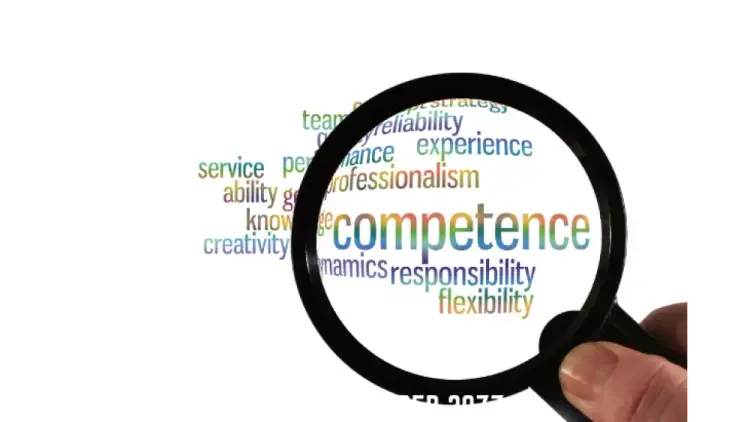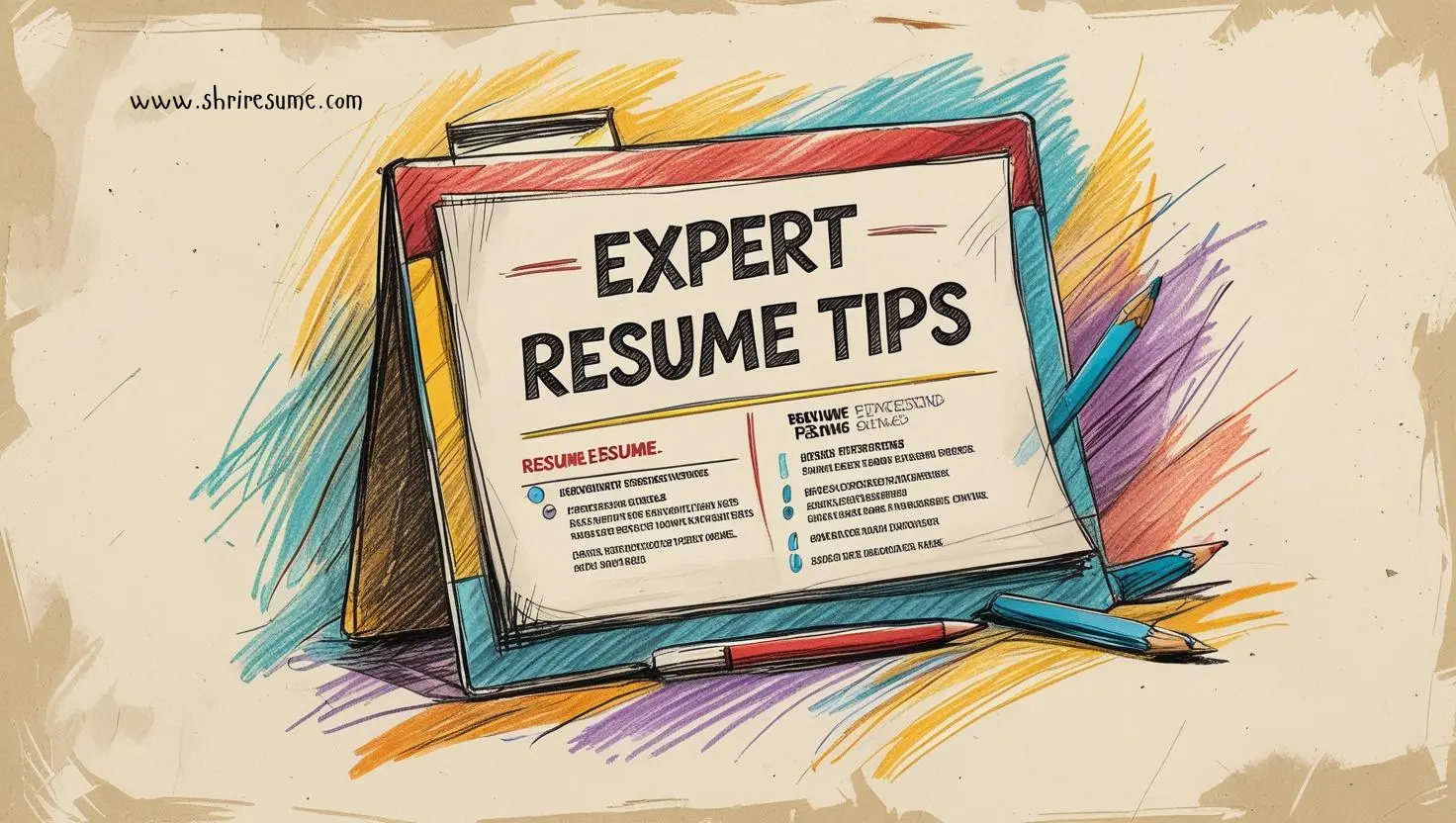💼 When and How to Include Irrelevant Work Experience on Your Resume
In today’s dynamic job market, career changes, gig work, and diverse work histories are increasingly common. Whether you’re transitioning industries, entering the workforce for the first time, or returning after a gap, you may be asking:
Should I include irrelevant work experience on my resume?

The short answer is: Yes—if it adds value.
Even jobs that don’t directly relate to your desired role can still demonstrate soft skills, work ethic, consistency, and professionalism. But knowing when and how to include unrelated experience is key to creating a polished and effective resume.
🧐 What Is Irrelevant Work Experience?

Irrelevant work experience refers to jobs you’ve held that are not directly related to the role you’re applying for. Examples include:
- Applying for a digital marketing role but listing work as a retail associate
- Transitioning into software development with a background in hospitality
- Switching from education to business development
On the surface, these roles may seem unrelated. But when framed strategically, they can emphasize transferable skills such as leadership, communication, and adaptability.
✅ When You Should Include Irrelevant Work Experience
1. You’re Early in Your Career
If you’re a student or recent graduate, you likely don’t have much work experience in your chosen field. Including roles like cashier, barista, or tutor can show employers that you:
- Are dependable and accountable
- Have experience working in a team
- Understand how to meet goals and follow processes
Even unrelated experience is better than an empty resume.
2. You’re Changing Careers
When making a career change, you may not have direct industry experience—but you’ve built soft skills that still matter.
Example:
A teacher applying for a project coordinator role can highlight:
- Team leadership
- Task organization
- Communication and reporting
Using a functional or hybrid resume format will help focus attention on skills, not job titles.
3. You Have Employment Gaps
Leaving large employment gaps can create concern for hiring managers. Listing freelance work, temporary gigs, or unrelated part-time roles helps:
- Fill timeline gaps
- Show you’ve remained active and adaptable
- Reinforce your work ethic
Even side hustles or volunteer work during downtime can show initiative.
4. The Job Demonstrates Transferable Skills
Soft skills matter—sometimes even more than hard technical skills.
For example:
- Retail jobs teach customer service, multitasking, and patience
- Freelance work builds self-motivation and project management
- Hospitality improves interpersonal skills and time sensitivity
If a past role developed qualities valuable to the job you’re applying for, it’s worth including.
5. You Stayed in the Role for a Long Time
Even if the job is unrelated, a long tenure demonstrates:
- Stability
- Reliability
- Loyalty
Hiring managers appreciate candidates who can stick with something.
🚫 When to Leave Out Irrelevant Experience
1. You Have Ample Relevant Experience
If you have 5+ years of relevant professional experience, prioritize those roles. Including old, unrelated jobs can clutter your resume.
2. It Doesn’t Add Any Value
If the role was short, outdated, or didn’t provide transferable skills, skip it. Focus on experience that aligns with your career direction.
3. You’re Running Out of Space
Resumes should be concise:
- 1 page for early-career candidates
- 2 pages max for experienced professionals
If you need to make space, irrelevant roles are the first to cut.
🛠 How to List Irrelevant Work Experience Effectively
1. Use a Functional or Hybrid Resume Format
A functional resume emphasizes skills and accomplishments instead of chronological order. It’s ideal for career changers or those with unrelated work histories.
Alternatively, use a hybrid resume, which combines skills-focused sections with a timeline.
2. Emphasize Transferable Skills
In bullet points, describe tasks that demonstrate relevant skills. For example:
Instead of:
- Stocked shelves and cleaned floor
Write: - Maintained organized and efficient inventory systems
- Ensured a clean, safe, and customer-ready environment
Use action verbs: managed, delivered, led, trained, implemented.
3. Group Experience into Categories
Organize your resume like this:
Relevant Experience
Other Professional Experience This signals to hiring managers what experience you want them to focus on.
4. Tailor Every Resume
Read the job description carefully. Then, match the language, keywords, and responsibilities in your bullet points—even from unrelated roles.
Example:
“Developed customer-first attitude and resolved 20+ inquiries daily—aligned with the target company’s emphasis on client relations.”
5. Quantify Results Wherever Possible
Numbers make a resume more impactful.
Example:
Increased upsell rate by 15% over 3 months through customer engagement strategies.
Even in unrelated roles, try to show results with metrics.
💡 Real-Life Resume Example
Target Job: Entry-Level IT Support Specialist
Previous Job: Retail Associate at Electronics Store
Resume Entry:
Retail Associate, TechMart Electronics
June 2021 – Dec 2022
- Advised customers on tech product compatibility, improving satisfaction ratings
- Managed returns, exchanges, and escalated support requests professionally
- Developed deep understanding of basic troubleshooting for laptops, phones, and tablets Why it works: The role was retail-based, but the candidate positioned it around technical knowledge and customer support, which aligns with the IT support job.
🧠 Expert Resume Tips

- Use power verbs: Achieved, organized, developed, increased, delivered
- Focus on impact, not just tasks
- Keep formatting clean and ATS-friendly (no fancy tables or images)
- Use keywords from the job post
- Include a custom summary statement at the top
- Always proofread or use tools like Grammarly
✨ Final Thoughts
Your resume is your personal sales pitch, not your life story. Every section should support your career goals—even if it means reframing unrelated experience.
Including irrelevant work experience isn’t a liability—it’s an opportunity to demonstrate adaptability, work ethic, and transferable skills. When done right, those “unrelated” roles become powerful proof of your readiness for the job you want.
So next time you wonder, “Should I include that old job?”—ask yourself not if it was relevant, but if it was valuable.

Get a higher quality resume format
Our Resume Builder ensures best practices, logic, formatting standards and job matching opportunities from thousands of job boards and portals around the world.
By clicking Start Your Resume, Your are agree to our Terms of use and Privacy Policy
 India's
premier resume service
India's
premier resume service






